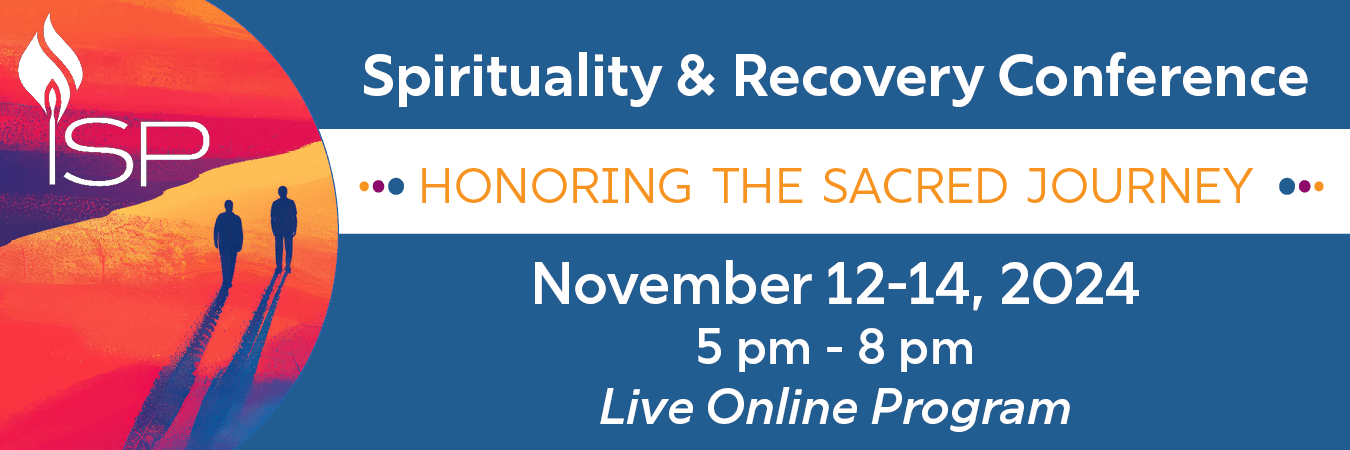
When the word gratitude is mentioned, I am instantly transported back to watching sitcoms during the ’70s and ’80s, when a hysterical character is slapped across the face. The unexpected action, carried out by a trusted friend or colleague, appears to break the hysteria and bring the startled person into a calmer frame of mind. Why does gratitude remind me of a cinematic slap? Let me explain.
I have been a 12-stepper for 14 years. Because the other members of the group shared their stories with such honesty and vulnerability, I felt safe enough to share our story. I remember sharing one bit of information and looking around the circle to see if there was judgment on any of the faces. When there was only a knowing glance in return, I shared more. With time, I became comfortable with the group and fell into a habit of complaining about my family members who were affected by addiction. Like other family members, I didn’t want to deal with this problem, and I was having a hard time accepting it.
An older lady stopped me mid-sentence and asked me to come back the next week with a gratitude list. Her request felt odd. Maybe she didn’t understand what I was trying to say.
I nodded that I would. Just in case she didn’t understand me, I started again telling her the unbelievable things that my family members were doing. She held her hand up like a school crossing guard would when stopping a line of cars. “Jean, you are powerless over your loved ones. You’re not powerless over your life. Please take some time, and shift your focus back to yourself. What do you have to be grateful for?”
There was the cinematic slap. I was shocked that she wasn’t appalled by what my family members were doing. How could I create a gratitude list when my life was filled with chaos?
It was hard to look beyond the mayhem. Dutifully, I did as she asked. I’d find one thing and write it down on paper. That seemed to help me notice something else. Each day, I was able to write down more items than I did the previous day. As I purposefully started noticing the good, I realized that there was an abundance of it, if only I would pay attention.
An attitude of gratitude is instrumental to our well-being. St. Ignatius felt that gratitude was the basic response to God’s love for us. Ingratitude, he once wrote, “is the most abominable of sins and that it should be detested in the sight of the Creator and Lord by all of His creatures…For it is a forgetting of the graces, benefits, and blessings received.” (Letters of St. Ignatius of Loyola, translated by William J. Young, SJ, Chicago, 1959)
When I returned to the meeting the next week and it was my turn to share, I told the group how surprising it was that shifting my focus had made such a difference in the way that I felt. I was beginning to see that no matter how bad things got at home, there was always something good upon which to build.
The lady who stopped me from complaining the week before said, “Every life is filled with good things and not-so-good things. You have a choice. Which things do you want to give your attention to? To be grateful is to be humble.”
Being grateful moves us beyond our wants and helps us appreciate what we’ve already been given. God gives us what we need. Gratitude moves me out of self-will and helps me see and accept God’s will.
After a few years in the program, I would often say that I felt bad that my loved ones suffered from addiction, but I was grateful that because of their addiction, I had to work a 12-step program. The 12-step program introduced me to Ignatian spirituality. Both practices helped me find practical ways to grow in my relationships to God, self, and others.
The bottom line is that gratitude helps us remember that we are cared for by a loving God. All is given. Gratitude is an acknowledgment of the gifts that we are given each day and reminds me to keep my trust in God’s will for my life.
Image by OpenClipart-Vectors from Pixabay.


powerful reflection, Jean – love the slap in the face image!
Jean, of all the lines you have written here, the one to stand out for me was ” you are powerless over your loved ones.”
I have a brother with PTSD, his life has been so wretched, he won’t take his meds as he should – I know it is a control thing, he recently moved into a “care establishment” and seems to be rebelling. He collapsed recently and hadn’t taken his meds then as well.
It came to me that on that occasion, I literally said “God, he is in YOUR HANDS, there isn’t anything I can do, so I hand him over to you.
I slept peacefully.
Thank you for this post.
So true, “no matter how bad things get at home, there is always something to be grateful for”. To accept your situation as doing God’s will, is a feeling of peace and joy! 🤩
Thanks for sharing this, i love the line: “To be grateful is to be humble.” So true and very overlooked. Lately I’ve been in a bad mood over a variety of things but everyday I do a gratitude list (but I remain grumpy), yet this made me realize I haven’t looked at what I’m grateful for in a humble way just more like in a way when someone holds the door for you, more of a reflex or polite behavior. This feels life changing. And for that I am grateful 🙂
Thanks Jean. Growing in gratitude and travelling from gratitude to gratitude is a beautiful journey.